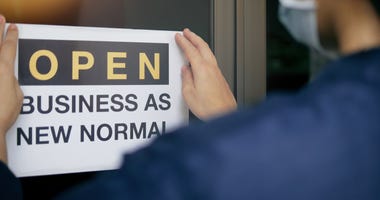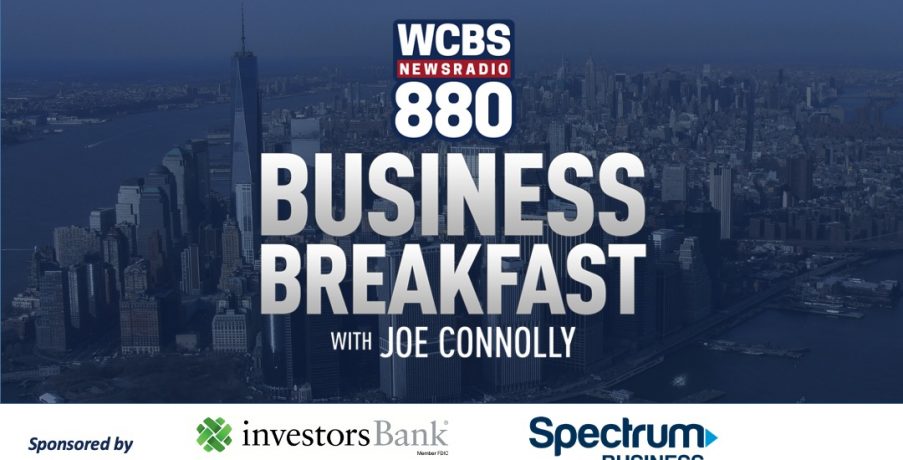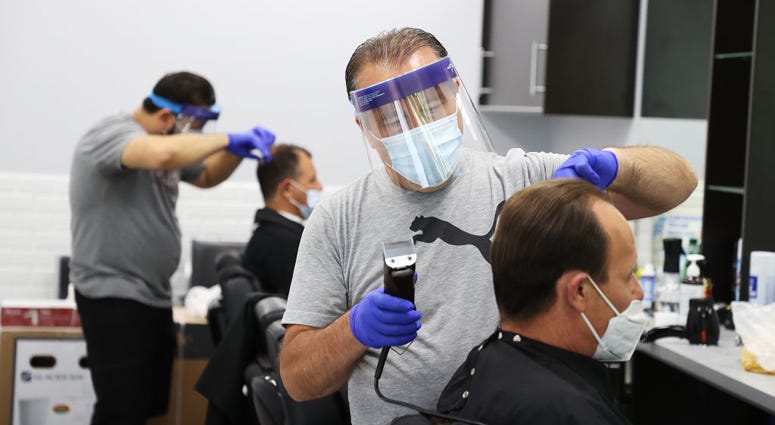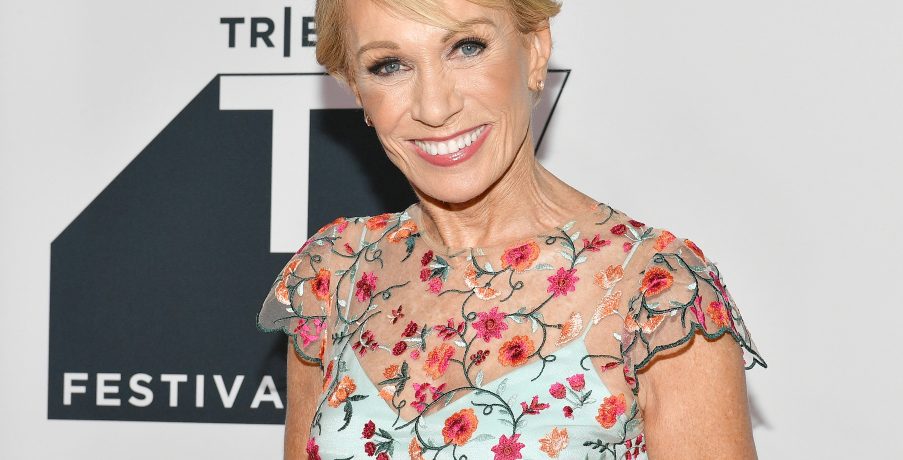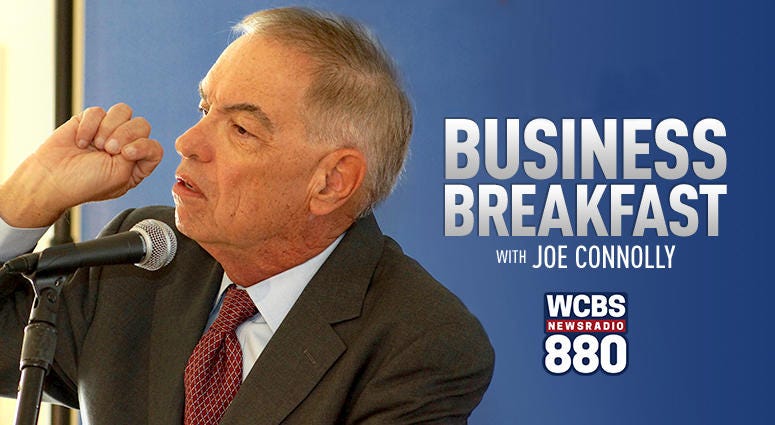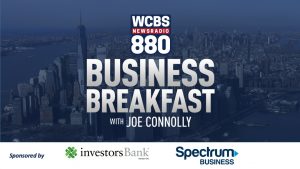
Neil A. Carousso produces NewsNation original “Kurt’s Country” – a celebration of country music and a slice of Americana with host Kurt Bardella.
-
WCBS Virtual Business Breakfast: Business Survival & Recovery From The Coronavirus Pandemic
Posted by: Neil A. CaroussoWCBS Virtual Business Breakfast
Business Survival and Recovery from the Coronavirus Pandemic
Monday, June 22
Call-in your questions for Joe Connolly and our expert panel: (877) 987-WCBSAs businesses suffer from unprecedented shutdowns caused by the coronavirus pandemic, WCBS Newsradio 880 presents a special virtual event on Monday, June 22 as part of our WCBS Business Breakfast Series focusing on business survival and recovery. Business reporter Joe Connolly facilitates a virtual panel discussion with guests Cindi Bigelow, President & CEO of the Fairfield County-based family business Bigelow Tea, Joe Colangelo of the Boxcar app, and Michael Bednark of Bednark Studio at the Brooklyn Navy Yard. You can watch the hour-long program here beginning Monday at 9 AM.
Each of our panelists have made essential pivots over the last three months to stay afloat and serve their communities. They candidly share their struggles through the pandemic and lessons business owners can learn from through their experiences.
Bigelow Tea is seeing increased demand for its homemade tea amid the health crisis, but they have had to redesign their factory operations to adjust to the so-called new normal.
“It’s just constantly reassessing and listening more and taking all your years of experience and just keep pushing that envelope and keep pushing that bar up,” Bigelow told Connolly and the panel.
Boxcar has created four new services when his convenient commuter parking app usage plummeted 100 percent at the outset of the pandemic as Tri-State commuters transitioned to work from home. Now, Boxcar offers contact-free drive-through pickup and delivery of groceries, hosts drive-in movies, performs car detailing services and is selling out outdoor pools as Americans anticipate being relegated to their backyards for the summer.
“Talk to your customers on the phone. Just say, ‘Hey, can I grab you for fifteen minutes? I just want to hear what your problems are,’” Colangelo suggested.
Bednark Studio went from designing and fabricating parts at its Brooklyn Navy Yard factory to manufacturing face shields for frontline hospital workers in New York City. They moved into a larger factory and beat the large players to market while aiding in the local fight against COVID-19. Now, Bednark Studio is developing and installing plastic dividers for ride-sharing services to prevent its spread while sharing its design blueprint for other companies to hire essential workers and join in the global effort to slow down the deadly virus and get people back on their feet.
“I don’t want to go into a completely new business, but something that’s not that far off an iteration of my business,” Bednark explained on the WCBS Virtual Business Breakfast.
Connolly and our panelists elaborate on their strategies for survival, ideas for pivoting to new services and answer pressing concerns from our dedicated listeners as businesses start to reopen with new challenges.
We look forward to being together remotely for what might be our most important Business Breakfast, yet.
Since the pandemic hit, we’ve been spotlighting business survival stories. @JoeConnollybiz and I want to hear from you! Call the @WCBS880 listener line at (877) 987-WCBS with a question and we may use it on our virtual #WCBSBizBreakfast.
More info here: https://t.co/L7lpJ1mcXV pic.twitter.com/gLbAe5tY1b
— Neil A. Carousso (@NeilACarousso) June 8, 2020
For more information and to see panelist biographies, visit WCBS880.com/BusinessBreakfast.
Follow WCBS 880
On Twitter: @wcbs880
On Facebook: facebook.com/wcbs880
On the web: wcbs880.comFollow Joe on Twitter @JoeConnollyBiz


